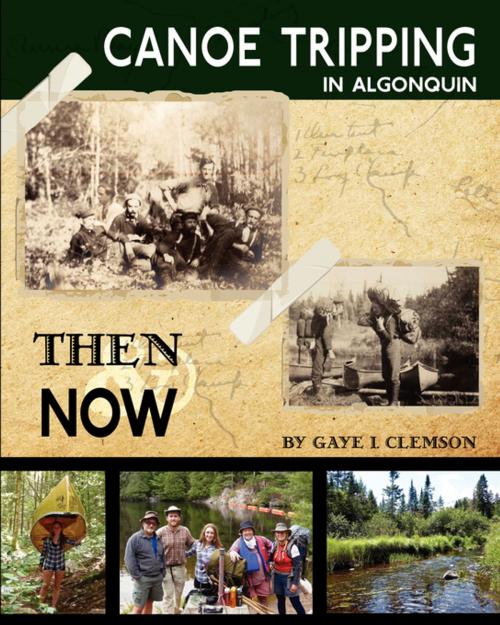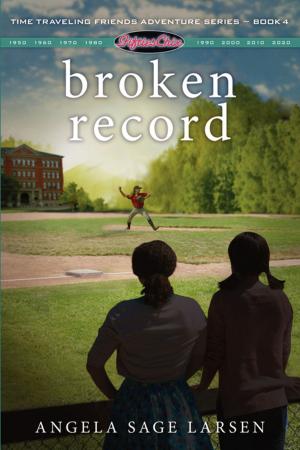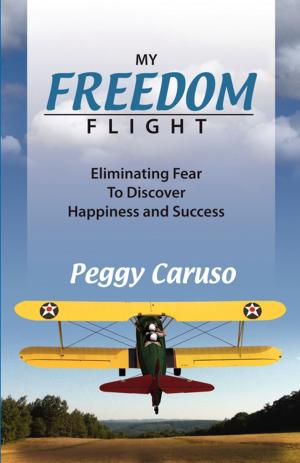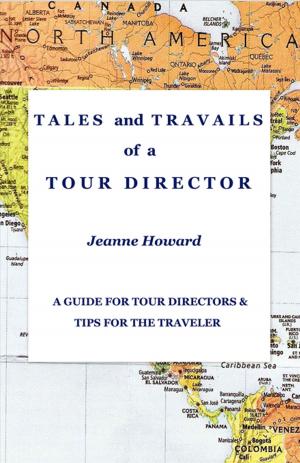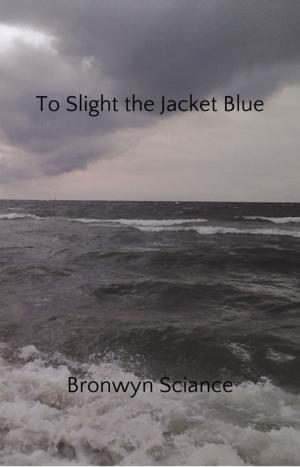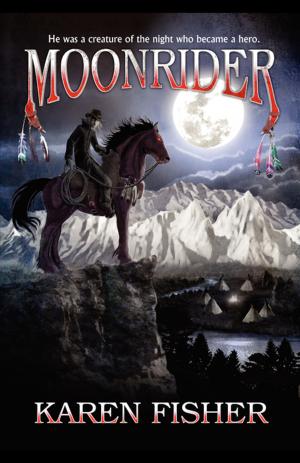| Author: | Gaye I Clemson | ISBN: | 9781619337657 |
| Publisher: | FastPencil, Inc. | Publication: | July 30, 2014 |
| Imprint: | FastPencil | Language: | English |
| Author: | Gaye I Clemson |
| ISBN: | 9781619337657 |
| Publisher: | FastPencil, Inc. |
| Publication: | July 30, 2014 |
| Imprint: | FastPencil |
| Language: | English |
In late September in 1903, Ernest Machado, a 35-year old Boston architect, his older brother José, brother-in-law Alfred Whitman and three park rangers headed out from Canoe Lake on a twelve-day canoe trip through the Algonquin wilderness. In the summer of 2013, over a century later, the author and four companions repeated this trip with a view to contrast and compare the experiences. Earlier that summer, two young women attempted a marathon paddling trek with a goal to trip from Canoe Lake to Brent on Cedar Lake and back in less than 24 hours. Three different canoe tripping experiences that are connected in time in so many ways. In the oral history tradition, this narrative provides insights into how canoe tripping in Algonquin Park has changed and yet not changed over the last 110 years. Since the late 1990s, the author has been collecting stories on the human history of Algonquin Park. This is the author's eighth book designed to bring to life Algonquin history and experiences in a personal way.
In late September in 1903, Ernest Machado, a 35-year old Boston architect, his older brother José, brother-in-law Alfred Whitman and three park rangers headed out from Canoe Lake on a twelve-day canoe trip through the Algonquin wilderness. In the summer of 2013, over a century later, the author and four companions repeated this trip with a view to contrast and compare the experiences. Earlier that summer, two young women attempted a marathon paddling trek with a goal to trip from Canoe Lake to Brent on Cedar Lake and back in less than 24 hours. Three different canoe tripping experiences that are connected in time in so many ways. In the oral history tradition, this narrative provides insights into how canoe tripping in Algonquin Park has changed and yet not changed over the last 110 years. Since the late 1990s, the author has been collecting stories on the human history of Algonquin Park. This is the author's eighth book designed to bring to life Algonquin history and experiences in a personal way.
